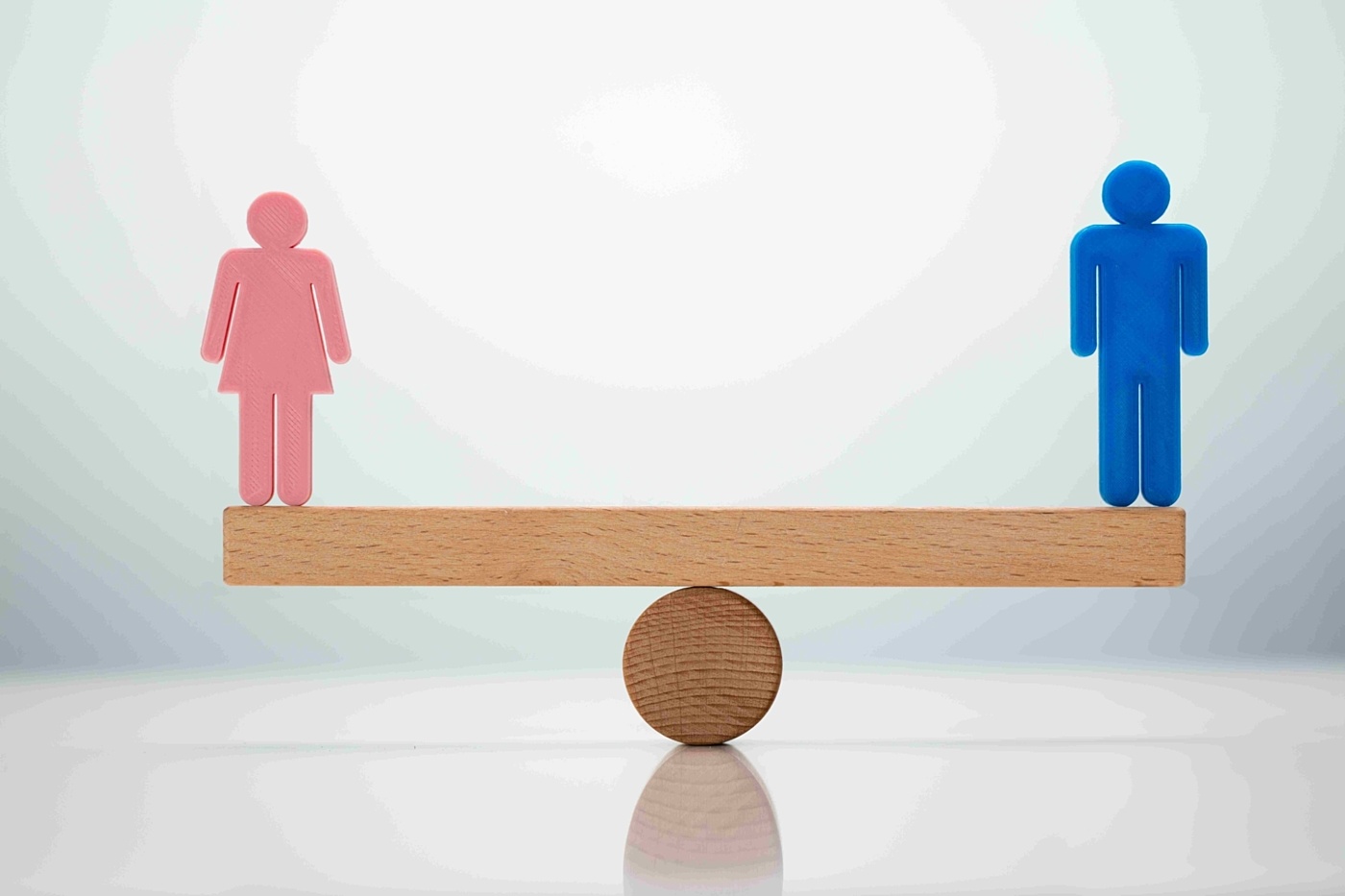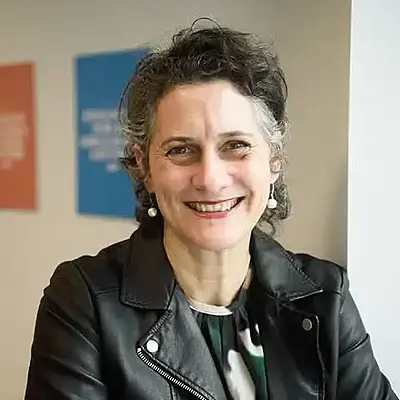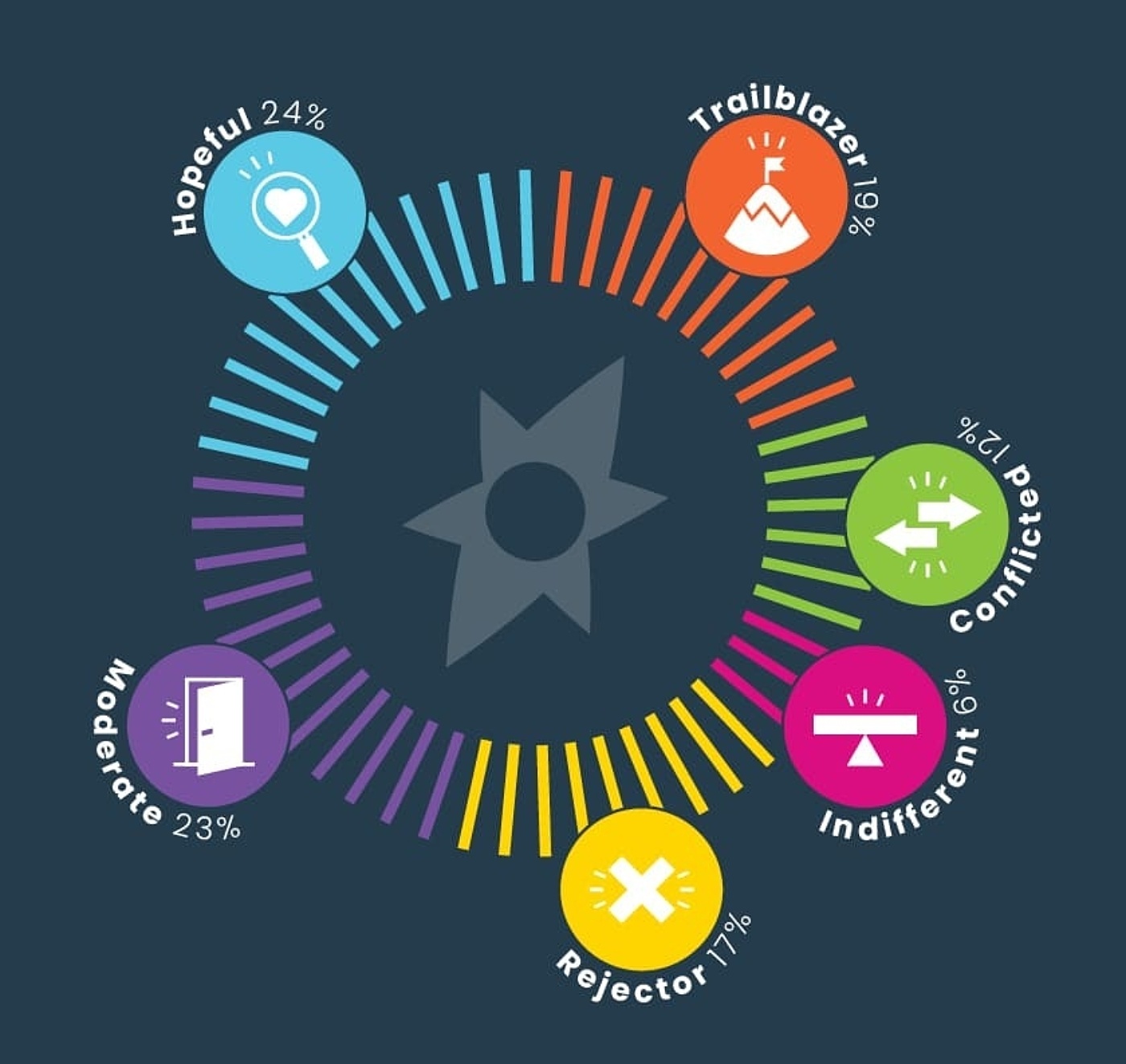
Attention governments: There’s more to giving out grants than handing over the money
Posted on 18 Feb 2026
Around 50 per cent of all funding for charities in Australia comes from government. The nature of…
Posted on 15 Apr 2025
By Greg Thom, journalist, Institute of Community Directors Australia

Australians are equally divided on the question of whether women are treated fairly and have access to equal opportunities according to new research.
Phase two of the Gender Compass project released by Plan International Australia found a concerning gap between perception and reality when it comes to gender equality in Australia.
Plan International Australia CEO Susanne Legena said the fact that one in two Australians believe that women are treated fairly in most areas of life and have access to the same choices and opportunities as men showed that there is still significant progress to be made in achieving gender equality for all.
“While 60 per cent of people believe we are close to or have already achieved gender equality, real-world data on the gender pay gap, workplace discrimination and underrepresentation of women in leadership tell a different story,” she said.
“The fact that 50 per cent of Australians believe women are treated fairly in most areas of life ignores persistent challenges such as unpaid labour disparities, gender-based violence on our streets and in our homes and systemic barriers in career advancement.”
“In Australia, we’re seeing rising rhetoric against diversity, equity, and inclusion policies and a growing resistance to the notion of gender equality as a fundamental human right.”
The Gender Compass project is funded by the Minderoo Foundation, the Lord Mayor’s Charitable Foundation, the Snow Foundation, Equity Trustees, the Trawalla Foundation, Australians Investing in Women, and the Red Rocketship Foundation.

Ms Legena said the world now find itself at a pivotal moment in time, where backlash against gender equality, cuts to global aid, escalating humanitarian crises, and political and economic instability are rolling back decades of hard-won progress.
“From limits on reproductive rights to restrictions on education and growing gender-based violence, these shifts are not just happening in far-off countries—they are reaching our own shores,” said Legena.
“In Australia, we’re seeing rising rhetoric against diversity, equity, and inclusion policies and a growing resistance to the notion of gender equality as a fundamental human right.”
Legena said such trends meant it was vital to continue pushing towards a gender equal future.
“Gender Compass is a call to action for all of us—to engage, to listen, and to act with empathy and determination. The world needs us to be united in this effort.”
Launched in 2023, Gender Compass regularly surveys a diverse cohort of Australians aged over 16 on their attitudes and beliefs in relation to gender equality and segments them into six groups:

Defined as hopeful about gender equity and strongly supportive of measures to address inequality, yet also frustrated, concerned, and thinking equality remains a fair way off. Trailblazers believe gender equality is everyone's business.
Equality is important to Hopefuls and they are well aware of the issues and largely support measures to address inequality, but they feel less urgency and their voices are less insistent than those of the Trailblazers. Most have experienced negative impacts because of their gender, mainly relating to inequalities in caring, home and family duties.
Enthusiasm for gender equality is restrained. This mildly positive neutrality is evident in their hopeful, content feelings and lukewarm response to any change initiatives. For this segment, the importance of the issue is affected by their lack of awareness of the impacts of gender inequality and their focus on other priorities.
Gender equality is important, but action to address it is less so, since they are unaware of many of its impacts and believe we are very close to achieving it. Overall, they feel positive or neutral about gender equality and hold mixed views – both traditional and progressive.
Gender equality is just not on this segment’s radar. Predominant feelings are neutrality or uncertainty. Their awareness of the impacts of gender inequality is low, and when it comes to support for specific initiatives, most refrain from expressing a view either for or against.
Rejectors believe gender equality is no longer an issue, and equality for women has gone too far. It is men's experience of gender discrimination they are concerned with (yet they may not express this openly). They feel neutral or content about gender equality, are broadly unaware of its contemporary impacts and are the least supportive of any change initiatives.
The research highlights that despite the wide range of views on gender equity, organisations have an opportunity to speak to all people about the subject in an effective and inclusive way.

To that end, Plan International has released a guide designed support people in effectively communicating about gender equality.
Lead researcher Dr Rebecca Huntley said the Gender Compass confirmed the effectiveness of communicating based on commonly held values, using accessible language.
“This, coupled with everyday examples of the impact on people of all genders in a range of settings, make the problem recognisable and relevant, [and] points the way forward for a more productive and impactful discussion about gender equality.”

Huntly said Phase Two of Gender Compass showed leaders and organisations how to energise the Trailblazers and avoid polarising the Rejectors.
“But it also, most critically, shows how we can engage the ‘moveable middle’ and bring more people into the conversation about gender equality, despite the political and social challenges of the moment.”

Posted on 18 Feb 2026
Around 50 per cent of all funding for charities in Australia comes from government. The nature of…

Posted on 18 Feb 2026
You wouldn’t try to fix a complex system with one tool. You’d widen the toolkit, improve the…

Posted on 18 Feb 2026
Australia’s champion laundry van charity, Orange Sky, has announced it is ready to expand into…

Posted on 18 Feb 2026
To have any hope of hitting the grand plan of doubling philanthropy by 2030, Australia needs one…

Posted on 18 Feb 2026
When Nyiyaparli woman Jahna Cedar travels to New York next month as part of the Australian…

Posted on 17 Feb 2026
This is the full academic version of Dr Oksana King's thoughts on the need to better compensate and…

Posted on 12 Feb 2026
Our special NFP trends report distils the views of more than two dozen experts.

Posted on 11 Feb 2026
The ballooning cost-of-living crisis is affecting Australian families to the extent that many…

Posted on 11 Feb 2026
Rev. Salesi Faupula is the Uniting Church’s moderator for the synod of Victoria and Tasmania. Born…

Posted on 11 Feb 2026
Service providers have expressed cautious support for the federal government’s Thriving Kids…

Posted on 11 Feb 2026
Australia’s not-for-profits need strategic investment by the federal government to support the…

Posted on 11 Feb 2026
For the first time, charities commissioner Sue Woodward has confirmed the Australian Charities and…